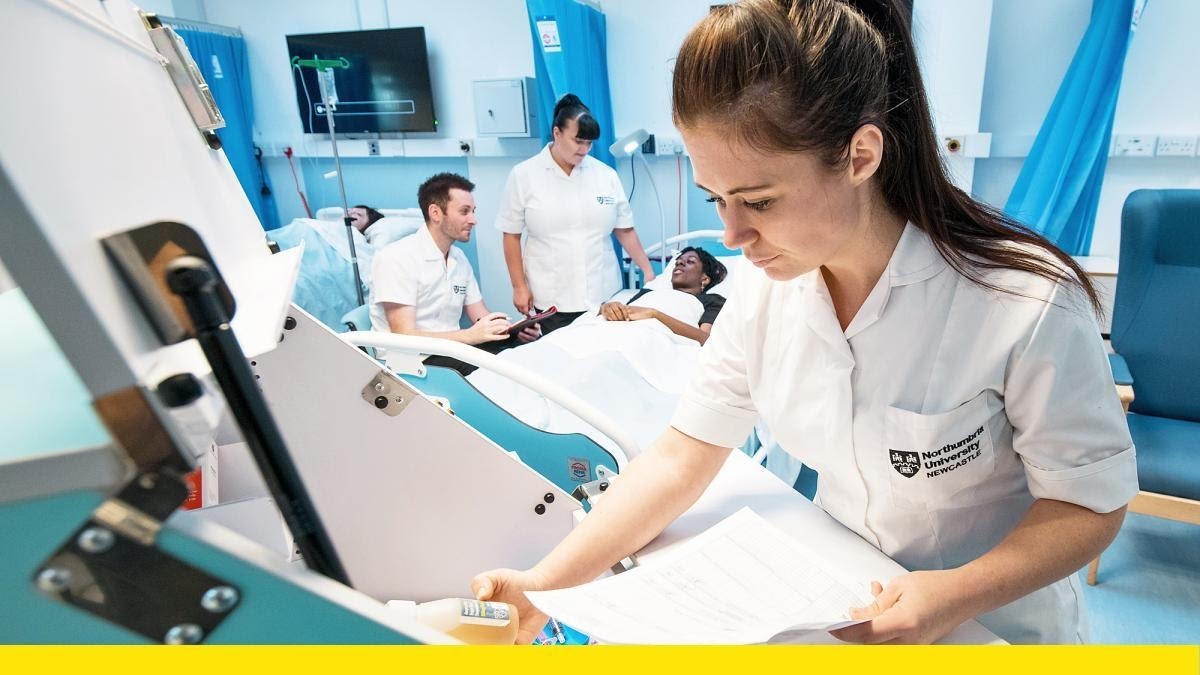Which universities offer degree apprenticeships?
With no guarantee that three years of study will lead to a career

Employers and universities are offering an increasingly popular alternative
By the end of the first year of his psychology degree at Reading University, Joel Roach had become impatient.
He found the course “so slow . . . I had a lot of questions: will I get a job at the end of this degree? Where will this take me? I was learning theories of psychology that would have been great if I had wanted to be an academic, but I couldn’t see how it would help me in the real world.”
When he spotted an ad for a degree apprenticeship scheme at Microsoft, Roach applied. It would allow him to learn on the job and study part-time, with his tuition fees paid by the company. When he beat several hundred applicants to one of the 40 places on offer that year, he dropped out of Reading University, where his degree was costing him £9,250 a year in fees, with living costs on top.
Two years on, Roach, 22, has no regrets. After starting at Microsoft on a salary of £16,500, he is now earning £22,500 and will graduate with an honours degree in professional management accredited by Roehampton University without paying a penny for tuition.
“I spend four days a week being a business manager at Microsoft, supporting a sales team in my department, and I spend two half days doing my assignments and reading for my degree,” he said.
“I think changing to the degree apprenticeship was the best decision I have made. Some of my friends have finished their degrees and realised that having ticked the graduate box has not helped them much to start a career. Some have gone to work in pubs to get work experience.”
The employment market for graduates is flat — last year just 18 per cent got a job, compared with 60 per cent in a normal year — and Clare Marchant, the chief executive of Ucas, believes the days of the three-year degree as the only qualification in town for 18-year-olds are numbered.
“We want to see other options,” said Marchant. Parents, she said, should encourage teenagers to consider degree apprenticeships. Marchant has a 13-year-old son and said it would be “fantastic” if he secured a degree apprenticeship on leaving school. The most popular, she said, such as those with Rolls-Royce, were as sought-after as a place at Oxford or Cambridge.
Teenagers who miss out on the grades they need for their degree place, or who want to explore a different path, can visit Ucas’s website and check out the Career Finder service, which helps students find jobs and apprenticeships. Applications for an apprenticeship are made directly to employers and, if successful, a student is then linked to a university to study part-time for the associated degree.
Last year, in August alone, Career Finder registered more than 11,000 applications to start an apprenticeship. There are about 9,000 apprenticeship openings on ucas.com.
At Sheffield Hallam University, which offers 23 types of degree apprenticeships, more than 550 students embark on one every year. London South Bank and Wolverhampton universities offer 15 each. The Open University offers seven types of degree apprenticeship and welcomes nearly 1,000 students annually.
Jane Hadfield, the national programme manager for apprenticeships at Health Education England, says the NHS offers more than 2,000 apprenticeships a year, and the number is growing. This year, for the first time, students will be able to enrol on a degree apprenticeship to train as an NHS physiotherapist, dietician or speech therapist. There are even plans to allow aspiring young doctors to train on the job and study part-time on a degree apprenticeship — pupils previously required top grades at A-level and there was ferocious competition for a place at medical school. Thousands of students have already enrolled on degree apprenticeships to become nurses.
“There are 350 careers in the NHS and we have apprenticeships available for nearly all of them,” said Hadfield. She advises teenagers to look at the national apprenticeship service website to find openings.
“Another solid option,” she said, “is to apply for a job as a healthcare support worker” and then choose a health specialism, such as nursing, and ask the NHS trust or GP practice employing you to support you onto a degree apprenticeship.
Among the universities singled out by Hadfield for their degree apprenticeships are Manchester Metropolitan, the University of the West of England, Plymouth, Gloucestershire and Derby.
Aged 18 and in her last year at Roedean, a girl’s boarding school near Brighton, Holly-Ann Rice was determined to explore options other than full-time study at university. She spent months researching apprenticeship openings in 208 countries and eventually landed one at the global commodity trading company Trafigura.
Two years on, after working for the company in Singapore, Rice, now 20 and based in Switzerland, has joined Trafigura’s graduate scheme. “No one else at Roedean took an apprenticeship. They all went to university. Living on a student budget in a student house does not sound that great. I made the right choice,” she said.
For more information, visit:
haso.skillsforhealth.org.uk
healthcareers.nhs.uk
Top 20 universities offering degree apprenticeships:
The Open University (3,150 students, 7 degree apprenticeship courses)
London South Bank University (2,000, 25)
Manchester Metropolitan University (2,000, 15)
Coventry University (1,800, 28)
Sheffield Hallam University (1,732, 30)
Anglia Ruskin University (1,690, 20)
University of the West of England (1,642, 20)
Northumbria University (1,5632, 6)
University of Central Lancashire (1,500, 33)
Staffordshire University (1,425, 10)
University of Derby (1,423, 19)
Aston University (1,350, 18)
University of Exeter (1,340, 15)
Middlesex University (1,336, 11)
University of Reading (1,301, 5)
Liverpool John Moores University (1,300, 17)
Nottingham Trent University (1,262, 21)
Teesside University (1,250, 25)
University of Salford (1,050, 50)
University of Wolverhampton (1,034, 15)